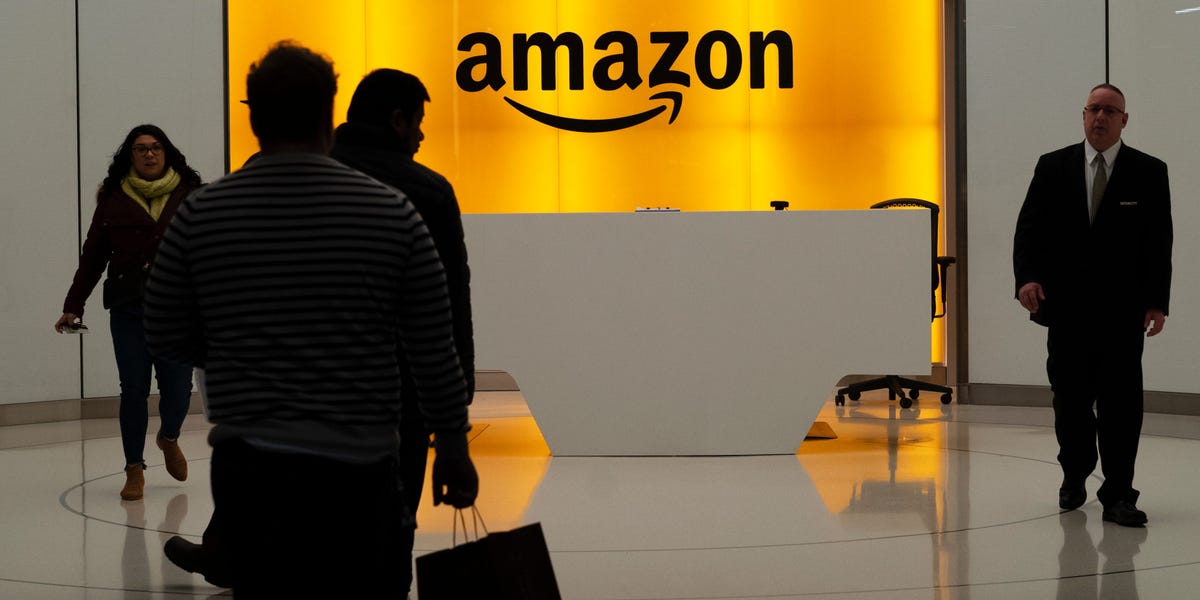Age, Ambition, and Amazon: A 64-Year-Old's Forced Exit from Tech Giant

After nearly 14 years of dedicated service at Amazon, Lee Ann Million's journey with the tech giant is coming to an unexpected end. As a long-standing executive assistant, she has been a reliable pillar of support within the company. However, the recent Return to Office (RTO) mandate has dramatically altered her professional trajectory, leading to her departure on April 30th.
Million's story reflects the growing tension between traditional workplace expectations and the evolving dynamics of modern corporate culture. The RTO push has not just been a policy change for her, but a personal crossroads that ultimately prompted her decision to leave a company she has called home for over a decade.
Her impending exit serves as a poignant example of how workplace flexibility and employee preferences are reshaping the corporate landscape, with significant implications for both workers and employers in the post-pandemic era.
